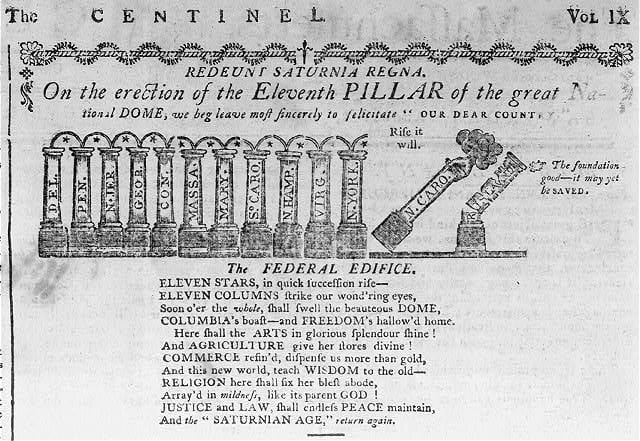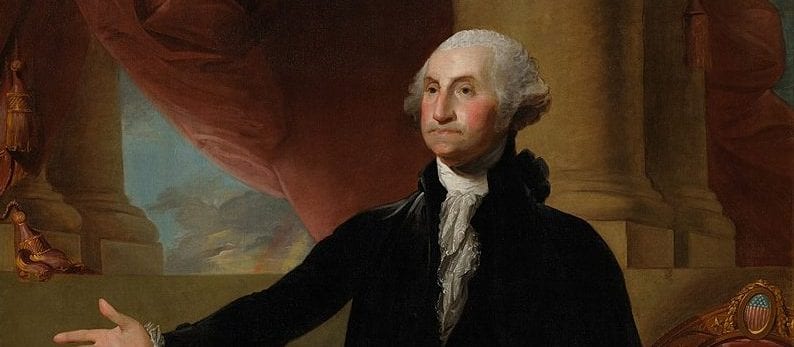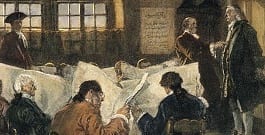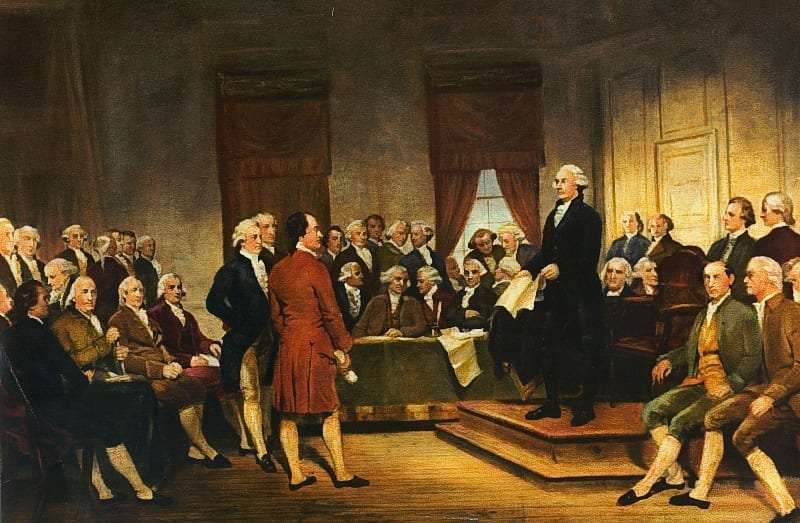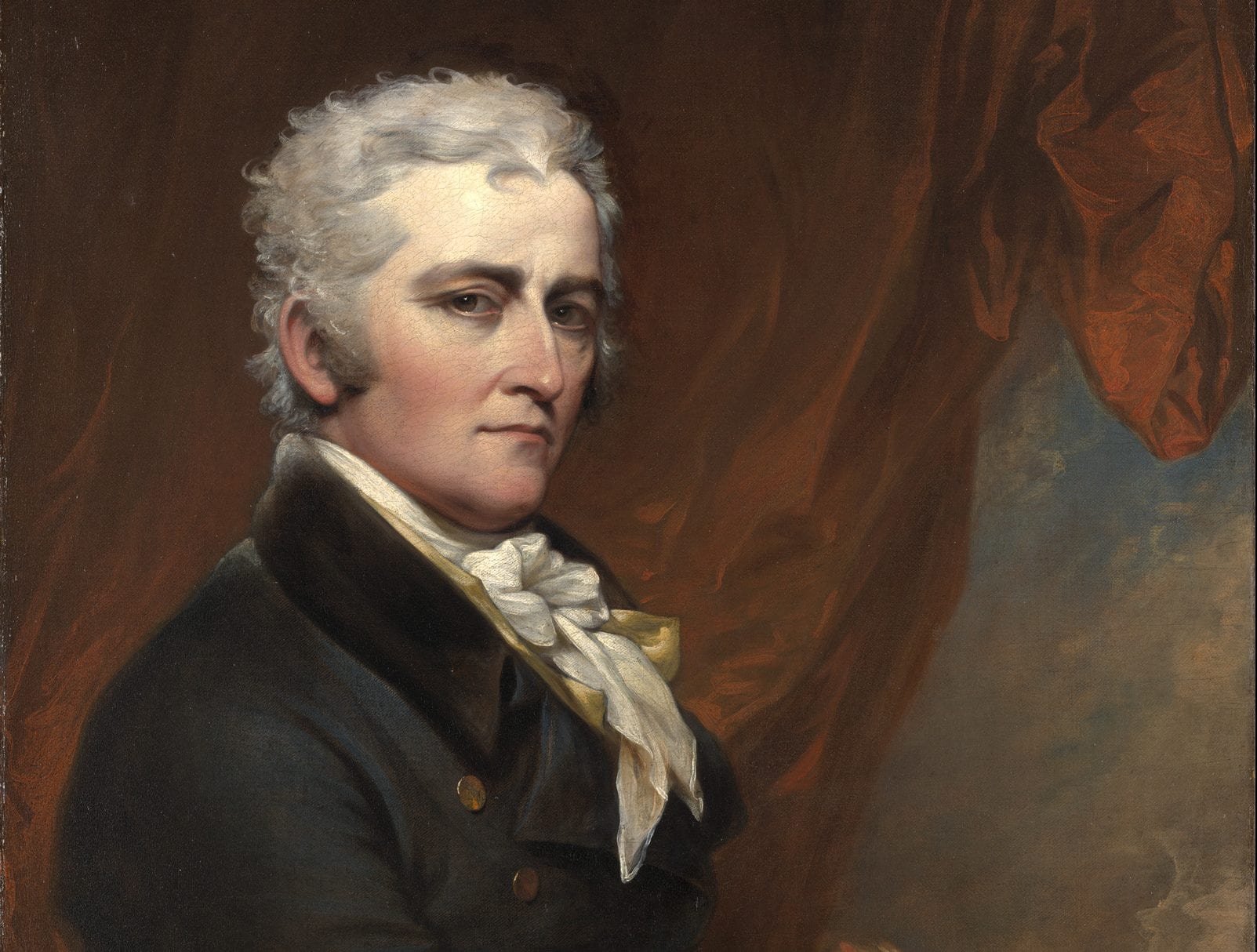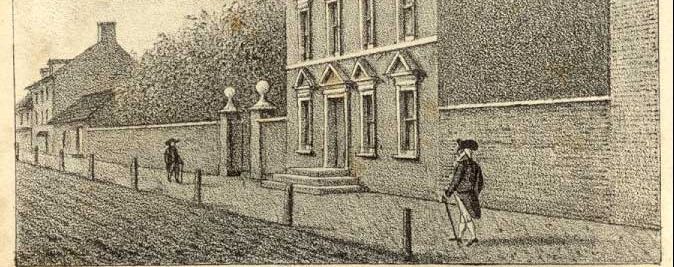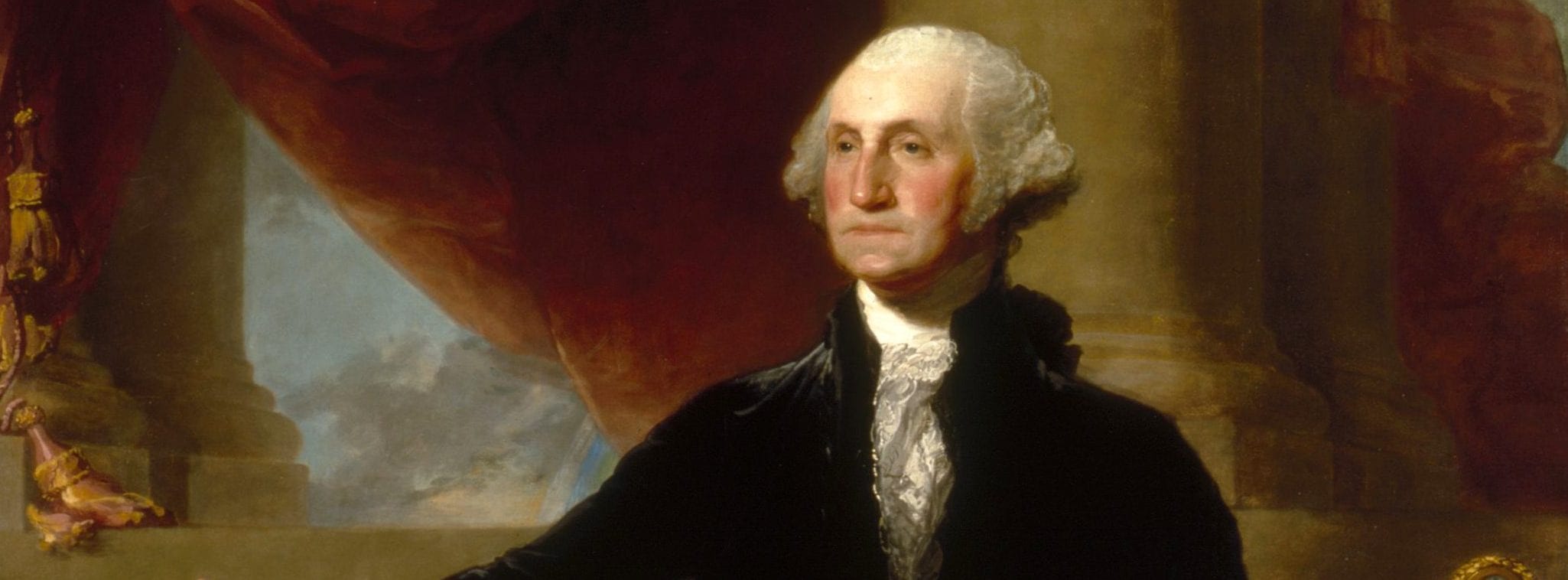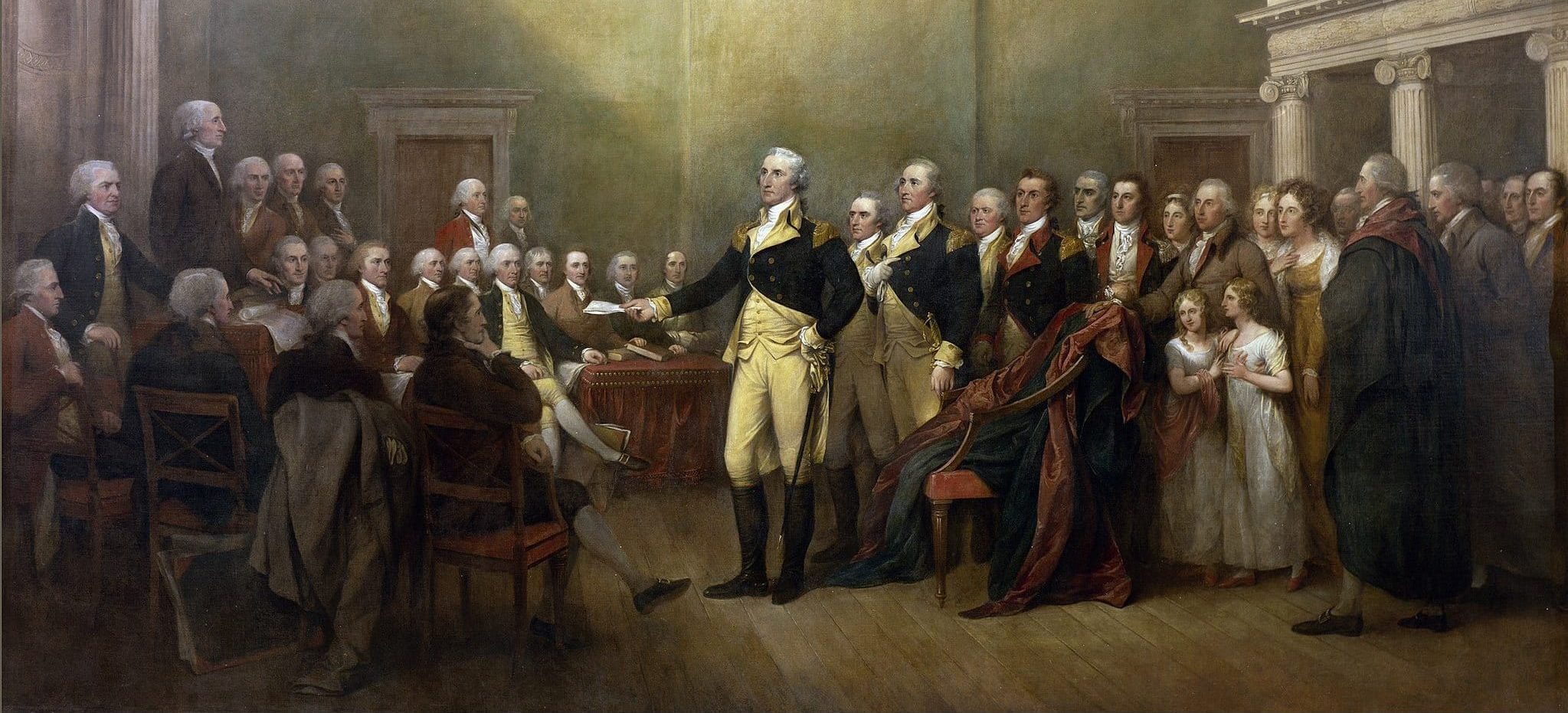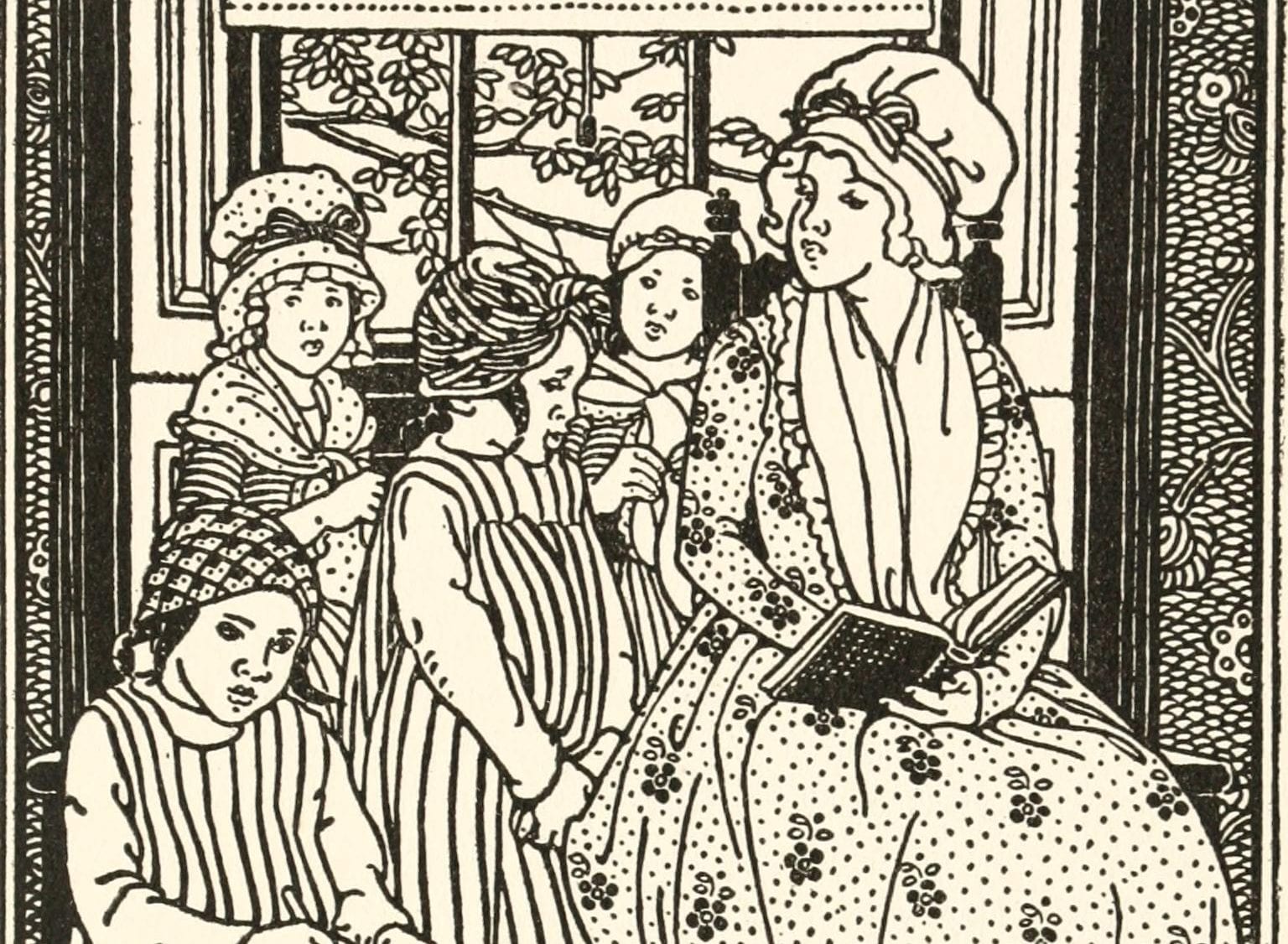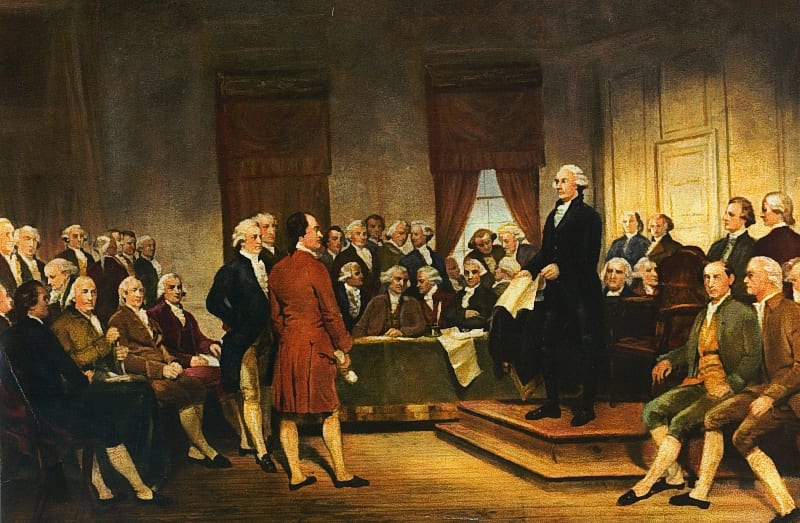A Plebian, an Address to the People of New York
It is insisted, that the present situation of our country is such, as not to admit of a delay in forming a new government, or of time sufficient to deliberate and agree upon the amendments which are proper, without involving ourselves in a state of anarchy and confusion.
On this head, all the powers of rhetoric, and arts of description, are employed to paint the condition of this country, in the most hideous and frightful colours. We are told, that agriculture is without encouragement; trade is languishing; private faith and credit are disregarded, and public credit is prostrate; that the laws and magistrates are contemned and set at nought; that a spirit of licentiousness is rampant, and ready to break over every bound set to it by the government; that private embarrassments and distresses invade the house of every man of middling property, and insecurity threatens every man in affluent circumstances: in short, that we are in a state of the most grievous calamity at home, and that we are contemptible abroad, the scorn of foreign nations, and the ridicule of the world. From this high—wrought picture, one would suppose, that we were in a condition the most deplorable of any people upon earth. But suffer me, my countrymen, to call your attention to a serious and sober estimate of the situation in which you are placed, while I trace the embarrassments under which you labour, to their true sources. What is your condition? Does not every man sit under his own vine and under his own fig—tree, having none to make him afraid? Does not every one follow his calling without impediments and receive the reward of his well—earned industry? The farmer cultivates his land, and reaps the fruit which the bounty of heaven bestows on his honest toil. The mechanic is exercised in his art, and receives the reward of his labour. The merchant drives his commerce, and none can deprive him of the gain he honestly acquires; all classes and callings of men amongst us are protected in their various pursuits, and secured by the laws in the possession and enjoyment of the property obtained in those pursuits. The laws are as well executed as they ever were, in this or any other country. Neither the hand of private violence, nor the more to be dreaded hand of legal oppression, are reached out to distress us.
It is true, many individuals labour under embarrassments, but these are to be imputed to the unavoidable circumstances of things, rather than to any defect in our governments. We have just emerged from a long and expensive war. During its existence few people were in a situation to encrease their fortunes, but many to diminish them. Debts contracted before the war were left unpaid while it existed, and these were left a burden too heavy to be borne at the commencement of peace. Add to these, that when the war was over, too many of us, instead of reassuming our old habits of frugality and industry, by which alone every country must be placed in a prosperous condition, took up the profuse use of foreign commodities. The country was deluged with articles imported from abroad, and the cash of the country has been sent out to pay for them, and still left us labouring under the weight of a huge debt to persons abroad. These are the true sources to which we are to trace all the private difficulties of individuals: But will a new government relieve you from these? The advocates for it have not yet told you how it will do it—And I will venture to pronounce, that there is but one way in which it can be effected, and that is by industry and economy; limit your expences within your earnings; sell more than you buy, and every thing will be well on this score. Your present condition is such as is common to take place after the conclusion of a war. Those who can remember our situation after the termination of the war preceding the last, will recollect that our condition was similar to the present, but time and industry soon recovered us from it. Money was scarce, the produce of the country much lower than it has been since the peace, and many individuals were extremely embarrassed with debts; and this happened, although we did not experience the ravages, desolations, and loss of property, that were suffered during the late war.
With regard to our public and national concerns, what is there in our condition that threatens us with any immediate danger? We are at peace with all the world; no nation menaces us with war; Nor are we called upon by any cause of sufficient importance to attack any nation. The state governments answer the purposes of preserving the peace, and providing for present exigencies. Our condition as a nation is in no respect worse than it has been for several years past. Our public debt has been lessened in various ways, and the western territory, which has always been relied upon as a productive fund to discharge the national debt, has at length been brought to market, and a considerable part actually applied to its reduction. I mention these things to shew, that there is nothing special, in our present situation, as it respects our national affairs, that should induce us to accept the proffered system, without taking sufficient time to consider and amend it. I do not mean by this, to insinuate, that our government does not stand in need of a reform. It is admitted by all parties, that alterations are necessary in our federal constitution, but the circumstances of our case do by no means oblige us to precipitate this business, or require that we should adopt a system materially defective. We may safely take time to deliberate and amend, without in the mean time hazarding a condition, in any considerable degree, worse than the present.
Far be it from me to object to granting the general government the power of regulating trade, and of laying imposts and duties for that purpose, as well as for raising a revenue: But it is as far from me to flatter people with hopes of benefits to be derived from such a change in our government, which can never be realized. Some advantages may accrue from vesting in one general government, the right to regulate commerce, but it is a vain delusion to expect any thing like what is promised. The truth is, this country buys more than it sells: It imports more than it exports. There are too many merchants in proportion to the farmers and manufacturers. Until these defects are remedied, no government can relieve us. Common sense dictates, that if a man buys more than he sells, he will remain in debt; the same is true of a country.—And as long as this country imports more goods than she exports—the overplus must be paid for in money or not paid at all. These few remarks may convince us, that the radical remedy for the scarcity of cash is frugality and industry. Earn much and spend little, and you will be enabled to pay your debts, and have money in your pockets; and if you do not follow this advice, no government that can be framed, will relieve you.








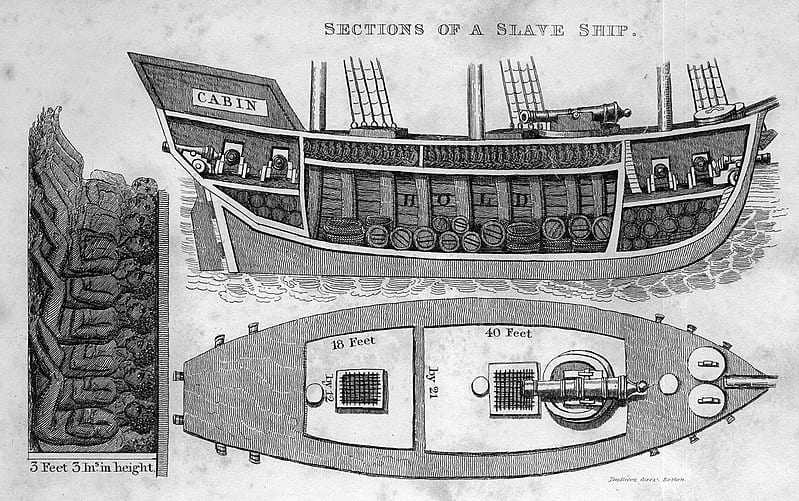






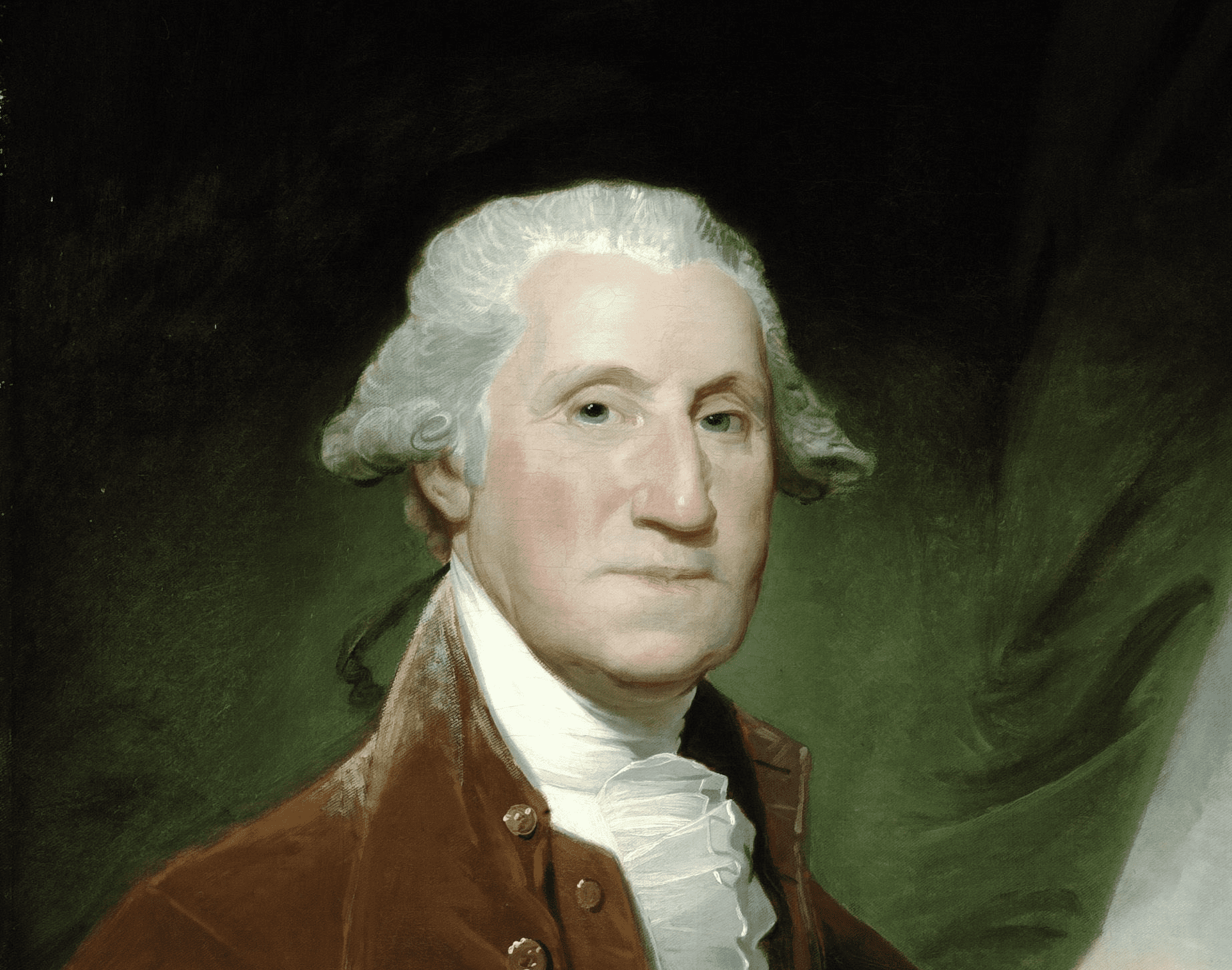
















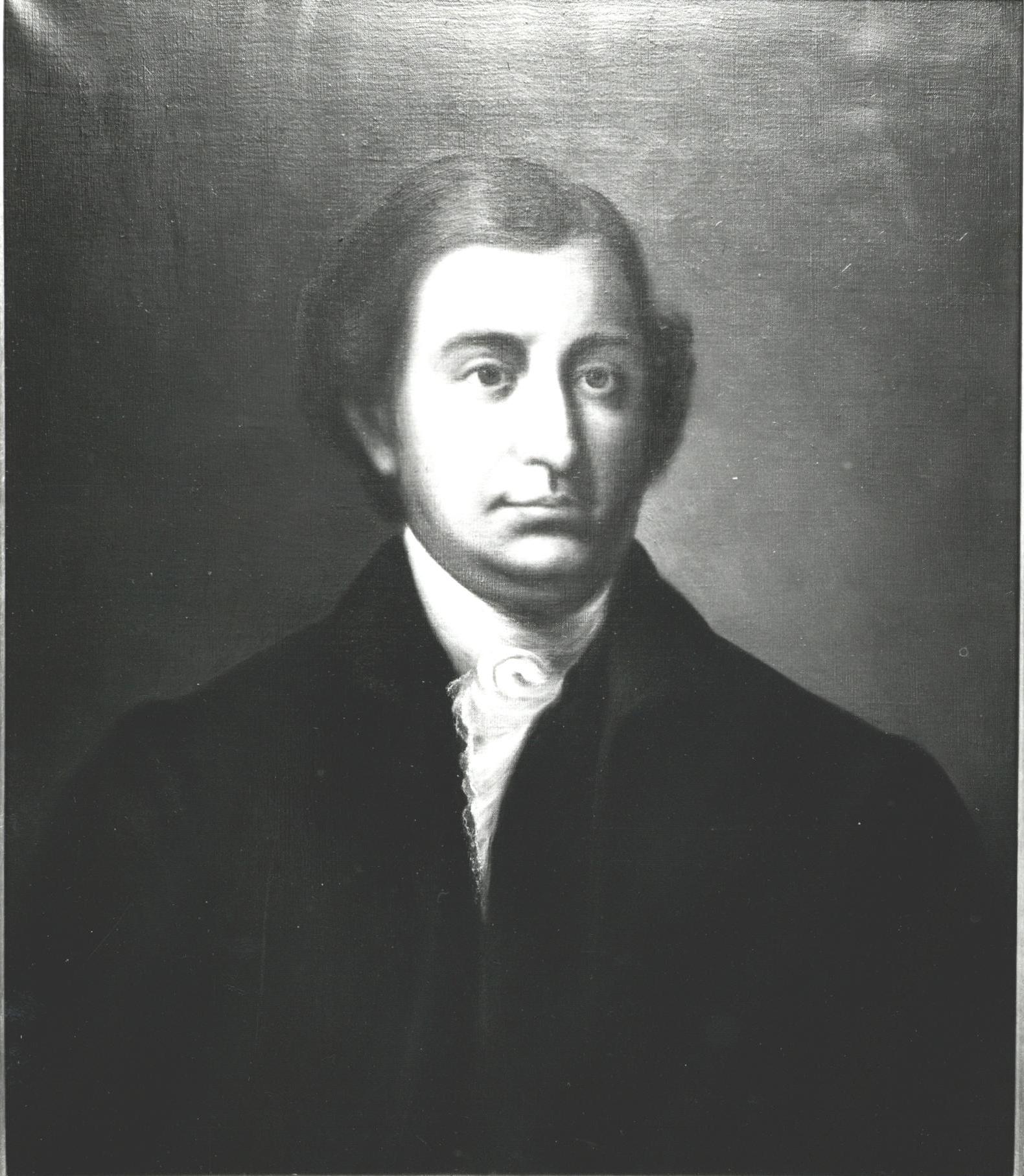
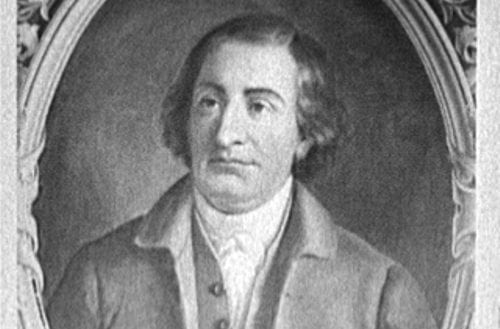
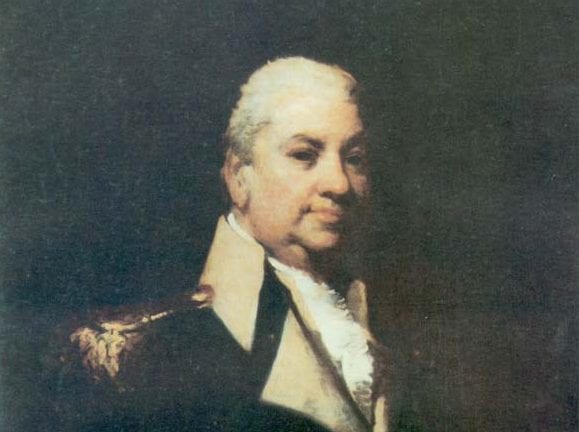


















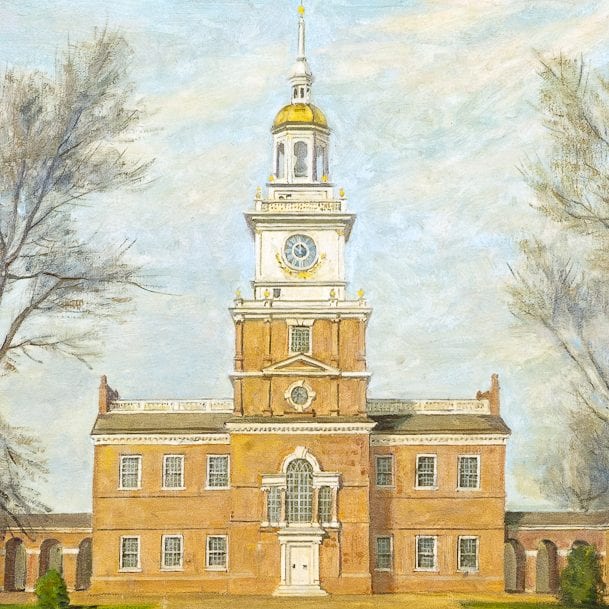

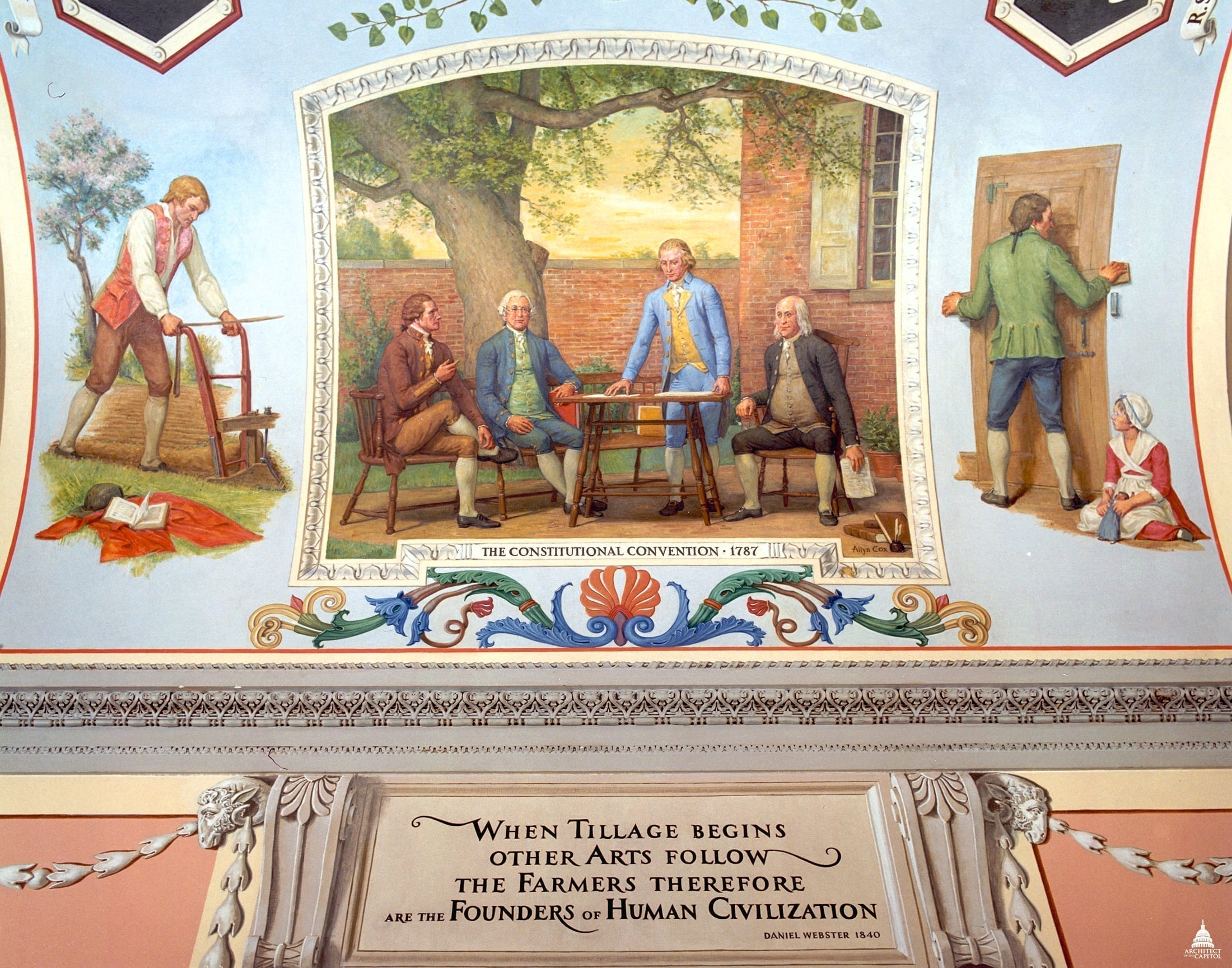

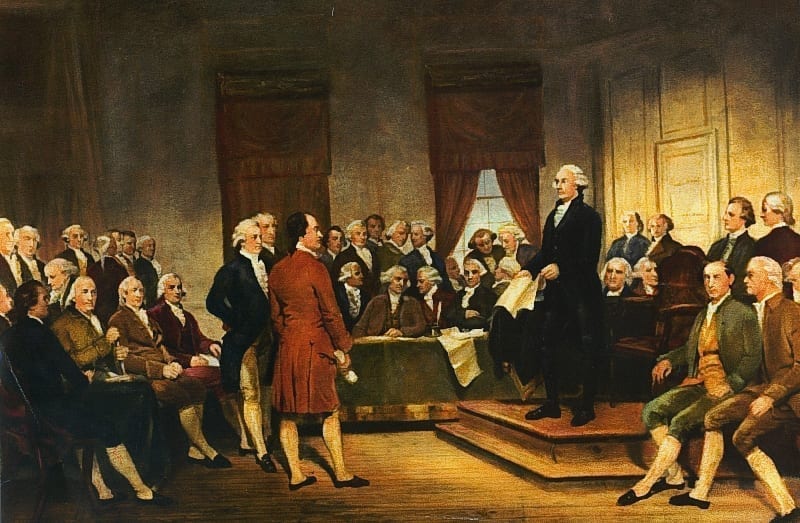


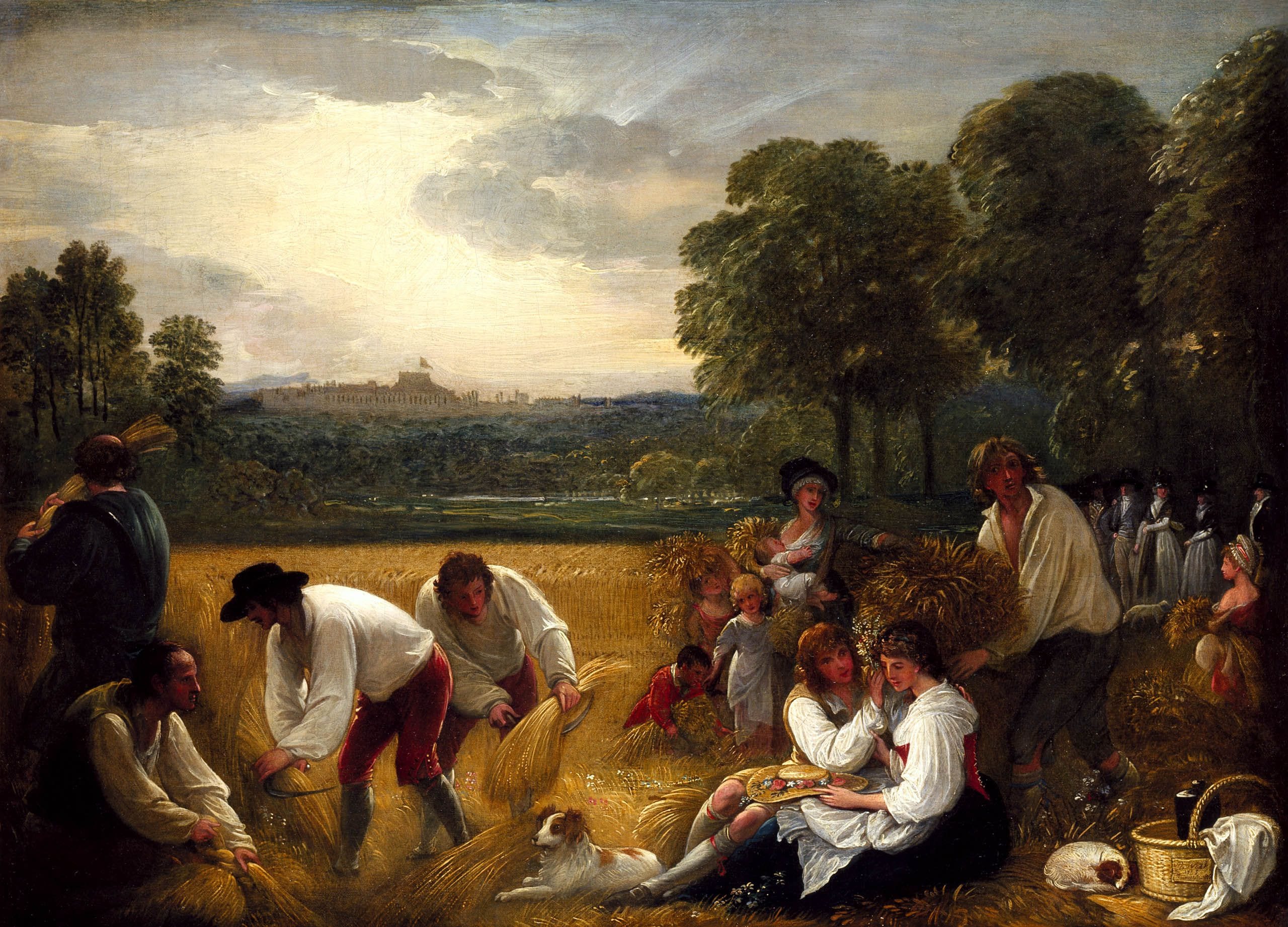


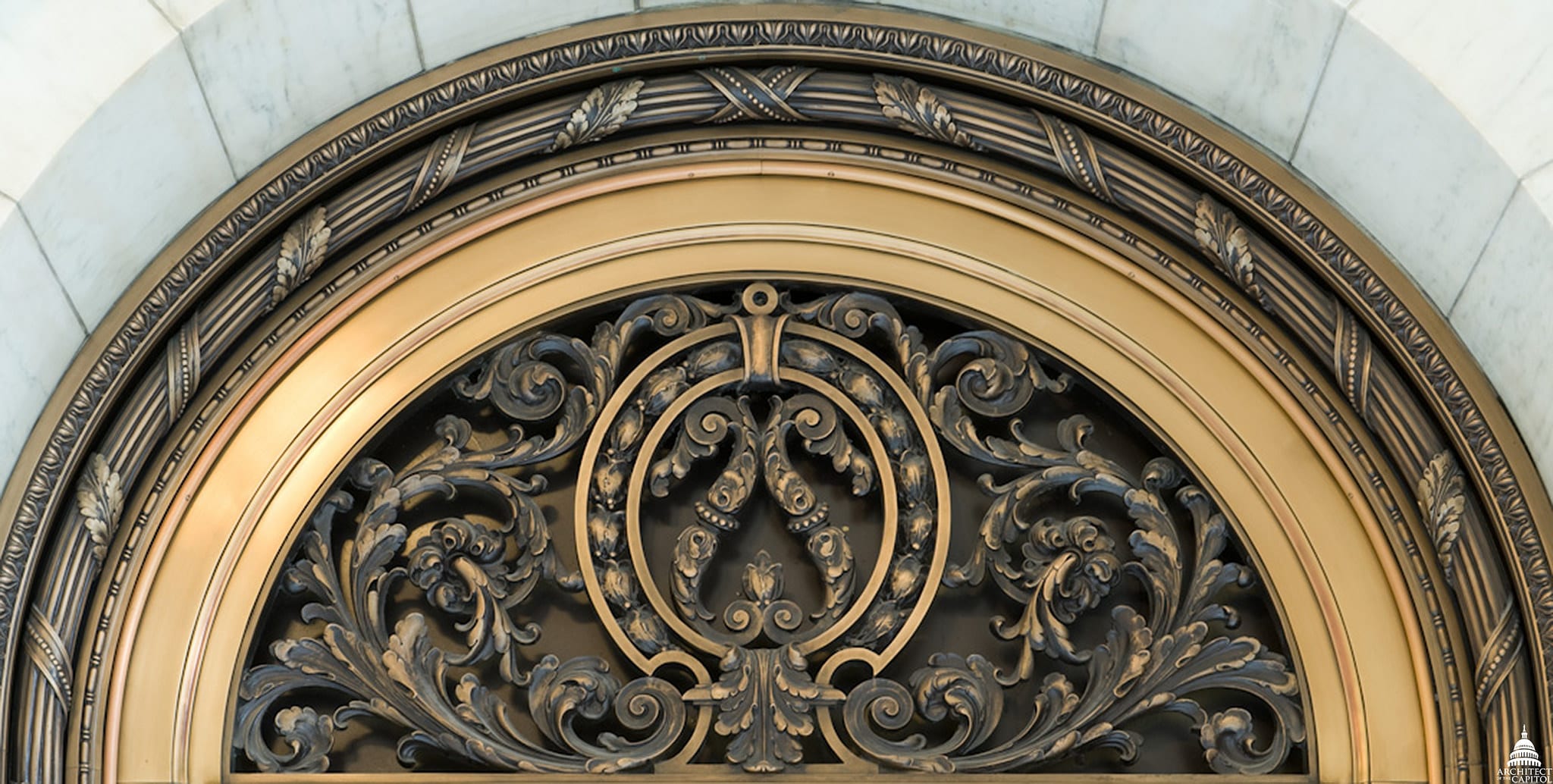













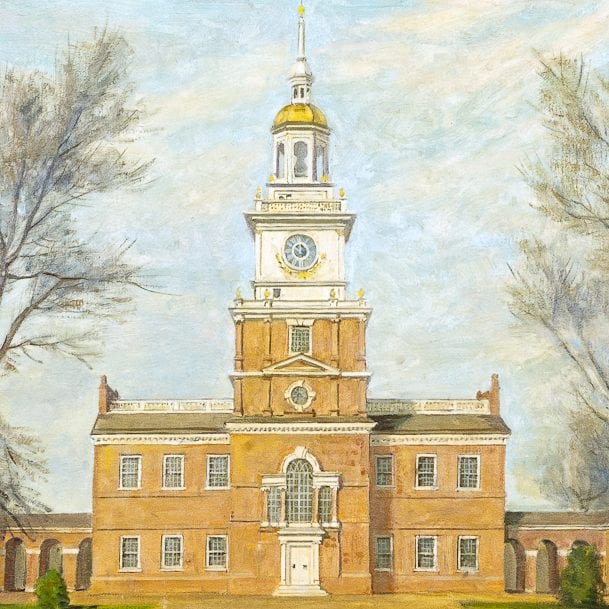
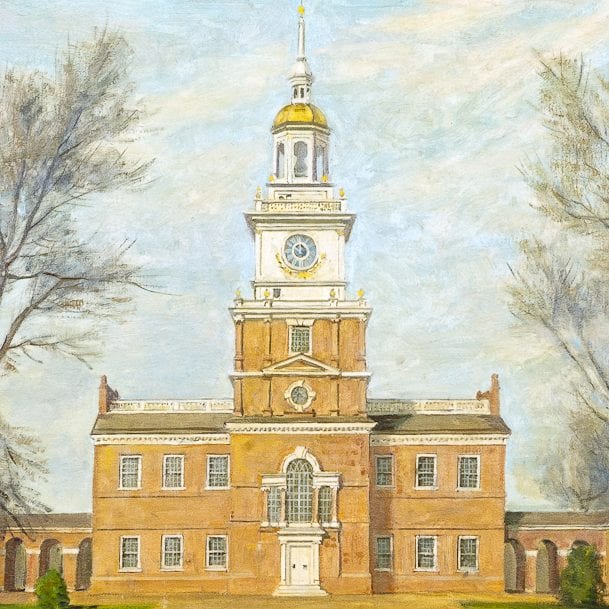


































































































![Finley, A. (1829) Pennsylvania. Philada. [Map] Retrieved from the Library of Congress, https://www.loc.gov/item/98688548/.](/content/uploads/2024/02/Map-of-PA--273x190.jpg)





















